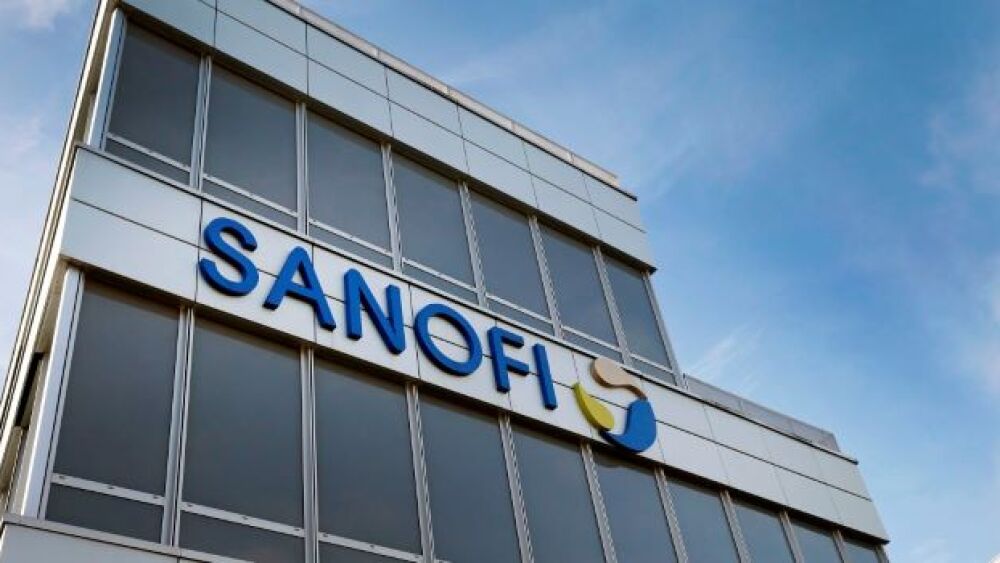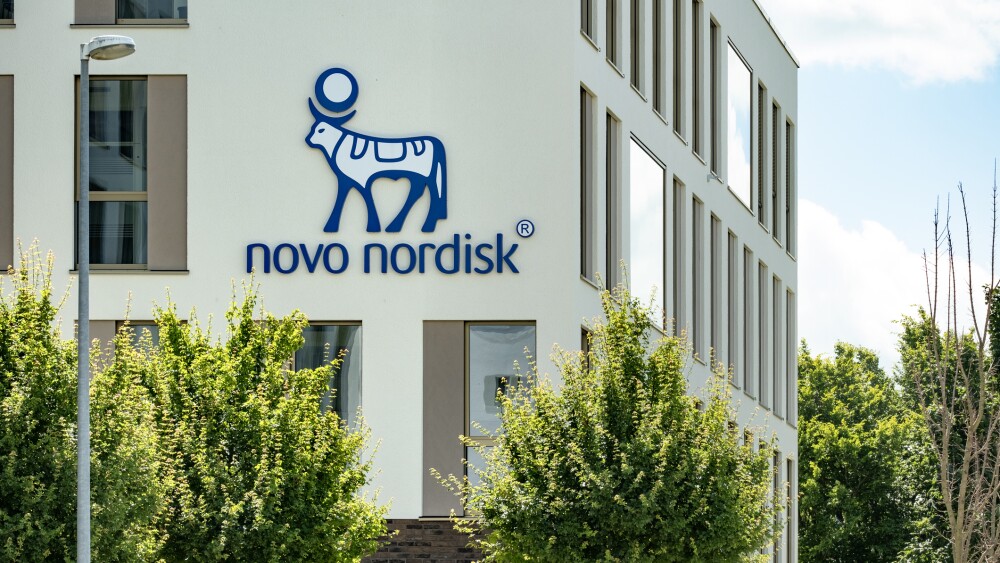Provention Bio entered a co-promotion agreement with Sanofi ahead of the possible November approval of teplizumab. If approved, the drug would be the first approved to modify T1D.
Courtesy of Chesnot/Getty Images
Provention Bio entered a co-promotion agreement with Sanofi Thursday ahead of the possible November approval of Type 1 Diabetes drug teplizumab.
If approved, teplizumab would be the first drug approved to modify T1D. Under terms of the deal, pending FDA approval, Sanofi and Provention will co-promote teplizumab in the United States.
Provention will retain all rights to the drug and handle all R&D, pharmacovigilance, production, quality and safety activities. In addition, Sanofi U.S. acquired $35 million in Provention common shares at a premium of 40% after FDA approval.
“Provention Bio has granted Sanofi an exclusive right of first negotiation (ROFN) for a potential in-license agreement of teplizumab in T1D, worldwide,” a Sanofi spokesperson told BioSpace.
When asked, Sanofi declined to provide a name for the spokesperson.
The ROFN begins Oct. 4, 2022, and runs until June 20, 2023. The initial ROFN period could be extended if Sanofi chooses, upon payment of a one-time extension fee.
The deal will “leverage the outstanding reach of Sanofi’s commercial field team,” said Ashleigh Palmer, co-founder and CEO of Provention in a conference call. “The right of first negotiation is there because it takes time to negotiate with other regulators and markets,” he added.
Jason Hoitt, chief commercial officer at Provention noted the agreement “more than doubles the commercial presence” compared to if the company had gone in alone.
Provention’s marketing capabilities are largely focused on the pediatric market, while the deal with Sanofi “lets us cover the adult market right from the launch,” he said.
After joint training, Provention expects to deploy the combined sales forces in the first week of January, Hoitt added.
In addition to the sales force, Thierry Chauche, CFO at Provention said Sanofi has a “40,000 call list to adult endocrinologists and healthcare providers versus Provention Bio’s 8,000.”
As part of the deal, Provention will reimburse Sanofi’s field force-related expenses and other expenses related to the commercialization of teplizumab, but the “expenses are capped at $33 million,” Chauche added.
The Sanofi spokesperson said the approval of teplizumab would be “a true scientific breakthrough and a real game-changer in the treatment of T1D.”
Cautious Optimism for FDA’s Decision
In Provention’s pivotal TN-10 trial, the drug delayed insulin-dependent, clinical-stage disease by at least two years. It demonstrated a favorable safety and tolerability profile, although there are risks of cytokine release syndrome and lymphopenia. But since the drug is not taken chronically, the adverse events are viewed as manageable and short-term.
Teplizumab decreases the loss of beta-cell function, which delays T1D onset. It is an anti-CD3 monoclonal antibody that modifies CD8+ T-cells.
The company originally had a BLA of Aug. 17, 2022. However, on June 30, Provention announced the FDA requested additional information, classifying it as a Major Amendment requiring additional time for review. The new target action date is November 17.
The drug was rejected by the FDA in July 2021. The regulator stated Provention’s studies did not demonstrate pharmacokinetic comparability, a primary endpoint.
After utilizing pharmacokinetic modeling to adjust the 14-day dosing regimen of the commercial product to be equivalent to exposure to the clinical product utilized in an earlier clinical trial, the company resubmitted the BLA in January.
Palmer is optimistic, noting that amendments to review times are usually conducted for the agency to “get to yes,” and that the FDA doesn’t usually bother if they’re already thinking “no.”





